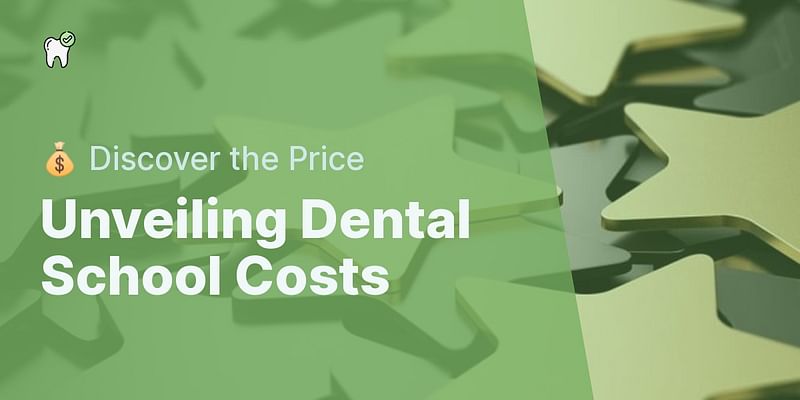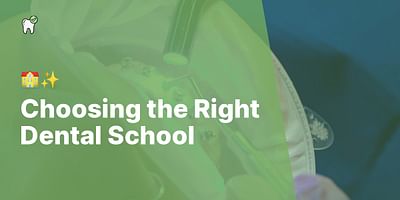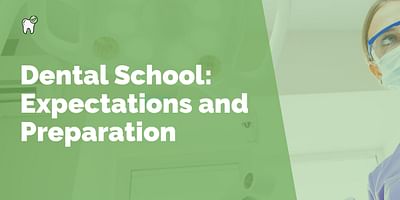Dr. Sarah Patel is a pediatric dentist with a passion for working with children. She believes in creating a positive and fun dental experience for her young patients to help them develop good oral hygiene habits for life. In her free time, she enjoys reading and spending time with her family.
As a dentist, I often get asked about the cost of dental school. It's a valid concern, as pursuing a career in dentistry requires a significant investment of time and money. While the exact cost can vary depending on various factors, I can provide you with some general information to give you an idea.
Tuition Fees: The cost of dental school tuition can vary greatly depending on the institution and whether it is a public or private school. On average, you can expect to pay anywhere from $20,000 to $80,000 per year for tuition alone. Keep in mind that these figures are just estimates and can change over time.
Additional Expenses: In addition to tuition, there are other expenses to consider. These may include textbooks, lab fees, equipment, and supplies. These costs can add up, so it's important to budget for them as well. On average, you can expect to spend an additional $5,000 to $10,000 per year on these expenses.
Living Expenses: Another factor to consider is the cost of living while attending dental school. This can vary depending on the location of the school and your personal lifestyle. Rent, utilities, food, transportation, and other living expenses can add up quickly. It's important to factor in these costs when planning your budget.
Financial Aid and Scholarships: Many dental schools offer financial aid options, including scholarships, grants, and loans. It's worth exploring these opportunities to help offset the cost of dental school. Additionally, there are external scholarships and loan forgiveness programs available for dental students. Researching and applying for these can greatly reduce your financial burden.
Return on Investment: While the cost of dental school may seem daunting, it's important to consider the potential return on investment. Dentistry is a rewarding profession with excellent earning potential. As a dentist, you have the opportunity to make a positive impact on people's oral health and well-being. The financial rewards can be significant, making the investment in dental education worthwhile in the long run.
Financial Planning: To make the cost of dental school more manageable, it's important to have a financial plan in place. Start by researching different dental schools and comparing their tuition fees and financial aid options. Create a budget that includes all the necessary expenses and explore ways to minimize costs, such as living with roommates or purchasing used textbooks. Consider working part-time or applying for scholarships to help offset expenses.
In conclusion, the cost of dental school can vary, but it's important to be prepared for the financial commitment. By researching your options, exploring financial aid opportunities, and creating a solid financial plan, you can make the investment in dental education more manageable. Remember, the cost is an investment in your future as a dentist, and the rewards can be well worth it.















